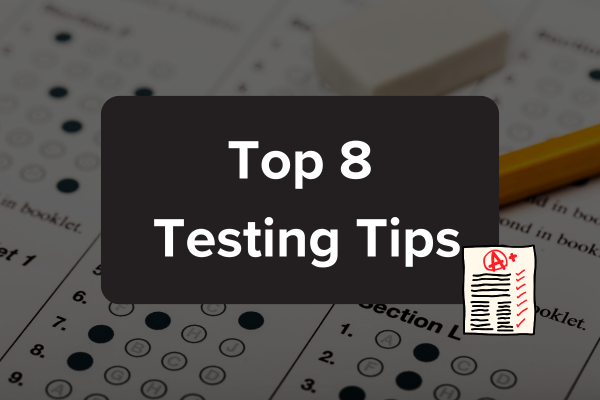Growing indoor plants comes with many benefits such as stress relief, cleaner air and simply sprucing up a room. A study published in the National Library of Medicine noted a connection between caring for plants and “reduced physiological and physiological stress.” Not only can house plants improve our mental health, but they also can improve indoor air quality according to a study published by Science Direct.
Pothos
Ideal for low light areas, people commonly nickname pothos and their many varieties ‘Devil’s Ivy’ because of their ability to grow and thrive in less-than-ideal conditions. Pothos only need water once every two weeks and they even grow under fluorescent lights. People should avoid growing pothos if children or pets in the household have easy access to the plants as they are poisonous but rarely fatal.
Snake Plants
Snake plants, Sansevieria trifasciata or Devil’s Tongue, come in over 70 different varieties and are one of the easiest plants to grow. They only need to be watered once a month and do their best in low light. Similarly to other plants, snake plants are mildly toxic if consumed.
Succulents
With over 10,000 types of succulents, these plants come in a wide array of colors, shapes and sizes. Succulents natively grow in dry, desert regions so they need minimal maintenance and thrive in sunny, dry conditions. Indoor succulents only need water once every two to three weeks and a sunny spot in indirect sunlight. The most common cause of death in succulents is overwatering.
ZZ Plant
Zamioculcas zamiifolia, commonly referred to as ZZ plants, natively grow in east African regions making them ideal for the forgetful gardener. Similar to pothos, ZZ plants need very little watering and almost no light to survive. However, it is also toxic if ingested, so it’s best to avoid growing this plant around pets or small children.
Air Plants
Air plants, otherwise known as Tillandsias, don’t require soil, which makes them easy to care for if there isn’t much counter space for a conventional plant. Online retailers such as Amazon carry creative ways to keep your plant safe. Air plants require little maintenance other than bright indirect light and a light misting once a week.
















